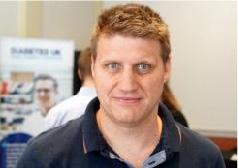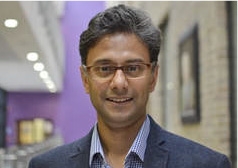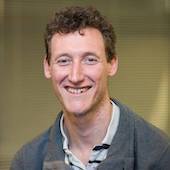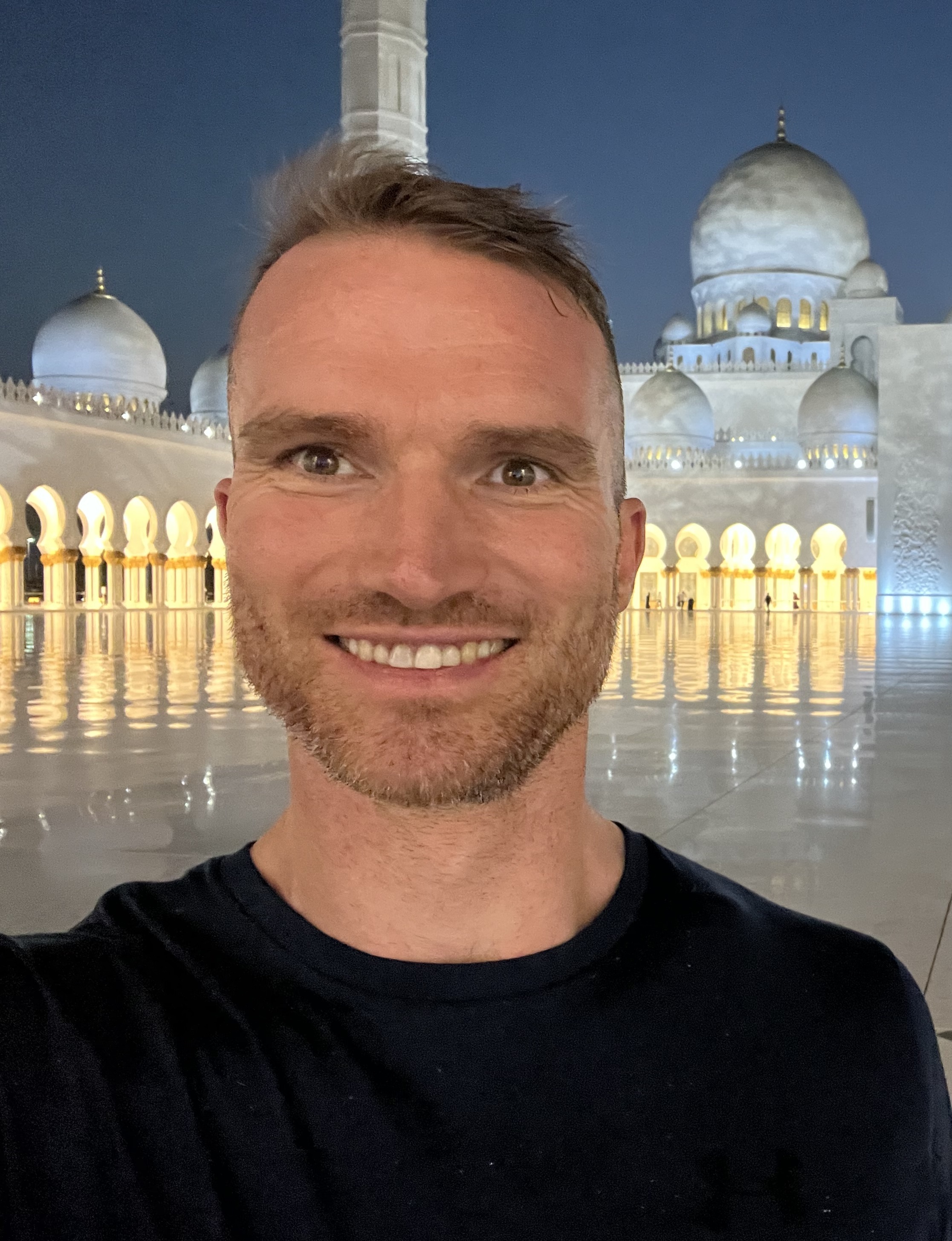About
The EXercise for Type 1 Diabetes (EXTOD) program aims to provide evidence-based support for people with type 1 diabetes to undertake safe and effective exercise, and to enjoy its associated health benefits.
EXTOD was set up by Rob Andrews and Parth Narendran in 2011 and is now recognised and active both in the UK and abroad. EXTOD has contributed to the development of national and international guidelines around managing diabetes for exercise. It has also undertaken research and clinical trials exploring the barriers and benefits of exercise in type 1 diabetes to learn more about this click here.
EXTOD also advocates on behalf people with type 1 diabetes and successfully lobbied the British Boxing Board of Certification in 2018 to allow people with type 1 diabetes to box professionally.
Each year we run a National EXTOD conference for Healthcare professionals (HCPs). At this conference we provide practical, up to date advice on how HCPs can advice their patient on managing glucose around exercise. To learn what will be covered in this years conference click here.
In addition we are able to provide face to face or online training for HCPs on request see here for more information.
We also run a yearly National EXTOD conference for patients At this conference we teach patients with type 1 diabetes how to manage their glucose around exercise. To see feedback from our most recent conference click here.
Recently we have developed a Structured Education Self‐management Programme that provides patients with the skills to manage their glucose around exercise. If you would like to learn more about this please follow this link EXTOD education patient course.
Finally we are always looking for patients and HCPs to help us with research studies. If you are interested in doing research with us please follow this link.
The EXTOD Team

Rob Andrews
Co-founder
Rob is a clinical academic based in the Southwest of England, with his time equally divided between the University of Exeter and Somerset NHS Foundation Trust. He serves as an Honorary Consultant in Diabetes at Somerset NHS Foundation Trust, where he runs specialist sports clinics supporting adults, adolescents, and children with Type 1 diabetes to exercise safely and effectively. Patients who attend this clinic range from elite sports people to people just doing exercise for fun. Rob's primary research interest is in exercise and Type 1 diabetes. His work spans the development of education programmes for both patients and healthcare professionals, creation of digital tools, and clinical trials exploring exercise's role in glucose control and immune function. Rob collaborates widely with sporting organisations, schools, and international partners to ensure individuals with Type 1 diabetes are fully supported to do the physical activity/ sport that they wish to do.
Parth Narendran
Co-founder
Parth Narendran is a clinical academic in Birmingham, in the West Midlands region of England. He qualified from Kings College London and undertook his post-graduate clinical training in Manchester, Bristol, London and Melbourne. He took up his current post at the University of Birmingham in 2005. He leads a large specialist type 1 diabetes service for adults at the Queen Elizabeth Hospital, Birmingham. These include a structured education programme called Dose Adjustment for Normal Eating (DAFNE), the adolescent transition, insulin pump, continuous glucose monitoring and islet transplant services.
Alistair Lumb
EXTOD faculty member
Dr Lumb is a Consultant in Diabetes/Acute and General Medicine in Oxford and Vice-chair of the DTN. He co-leads the Insulin pump and technology service in Oxford. His other clinical interests include islet/pancreas transplantation, inpatient diabetes (he is the clinical lead for the NaDIA Harms audit), cystic fibrosis related diabetes and the management of type 1 diabetes for sport and exercise. Alistair has taught on the EXTOD HCP conference and has also taught on the EXTOD education patient conference.
Anne Marie Frohock
EXTOD faculty member
Anne Marie Frohock BSc (Hons)RD is Lead Paediatric Diabetes Dietitian with the Oxfordshire Children’s Diabetes team. She has a special interest in sports nutrition and has established the Oxford Specialist Sports Clinic for youngsters with Type 1 Diabetes with Dr Alistair Lumb and Dr Taffy Makaya. She organises an annual T1D Sports Day which aims to educate and motivate youngsters and families across Thames Valley to participate in sports. Often seen cycling to home visits in her home town of Oxford, she is a keen exerciser and qualified yoga teacher (200YTT). Anne Marie has taught on the EXTOD HCP conference and has also taught on the EXTOD education patient conference.
Claire Foster
EXTOD faculty member
Claire is a Diabetes Dietitian working in a busy DGH in Somerset. She is a DAFNE educator, trained in managing insulin pumps and has an interest in helping manage exercise and diabetes. Claire was involved in the initial EXTOD education pilot, has taught on the EXTOD HCP conference and has also taught on the EXTOD education patient conference.
Manyee Li
EXTOD faculty member
Manyee is employed as a Specialist Diabetes/Sport & Exercise Medicine Dietitian at The Queen Elizabeth Hospital in Birmingham (QEHB). Having spent a number of years working in intensive care/cardiothoracic surgery, she joined the Diabetes Team at QEHB in 2009. Her current job encompasses all aspects of diabetes care however she has a particular interest in supporting people with type 1 diabetes including DAFNE, pump therapy and sport & exercise management. Manyee’s interest in supporting people with diabetes to be active led to her completing an MSc in Sport Nutrition. From elite athletes who choose to use the NHS, to recreational athletes and weekend warriors Manyee is also a part of the Sport & Exercise Medicine Service (SEMS) multi-disciplinary team. The team work to manage injury and illness in sport and exercise at QEHB. Manyee was involved in the initial EXTOD education pilot, has taught on the EXTOD HCP conference and has also taught on the EXTOD education patient conference.
Giorgio Carrieri
EXTOD faculty member
Giorgio Carrieri is the Lead Nurse of The Children’s Diabetes Team in Taunton, and The Southwest Children and Young People Diabetes Network Technology Lead. He has worked as an adult diabetes nurse in the past, co-leading the Antenatal Service and being involved mostly with insulin pumps and continuous glucose monitoring. He also has a particular interest in exercise and has been part of the EXTOD faculty since 2019.
Matthew Cocks
EXTOD faculty member
Matthew Cocks is a lecturer in Exercise Physiology at Liverpool John Moores University. He completed his PhD at the University of Birmingham before taking up his current post at Liverpool John Moores in 2012. Matt is interested in how exercise mode and nutrition before, during and after exercise can be manipulated to reduce the risk of hypoglycaemia in people with type 1 diabetes. He is also interested in how mobile healthy technology can be used to increase uptake of exercise
John Pemberton
EXTOD faculty member
John is a specialist diabetes dietitian based in Birmingham, England, dedicated to empowering individuals with diabetes to confidently manage their health. John combines modern technology with traditional health principles. His innovative approach to structured education, including his "CGM Academy," introduces creative methods like the GAME-SET-MATCH strategy for optimal glucose. His proactive work supports Birmingham’s pioneering AID education programme, addressing disparities in access and glucose management among different ethnic and socio-economic groups. John was a co-author of the ISPAD 2022 Exercise Guidelines and EASD 2025 AID and Exercise Guidelines. He also contributes to the IFCC Working Group for CGM, working toward standardisation through ISO for CGM. His 2023 narrative review highlighted concerning gaps in publicly available CGM clinical data, particularly in Europe.